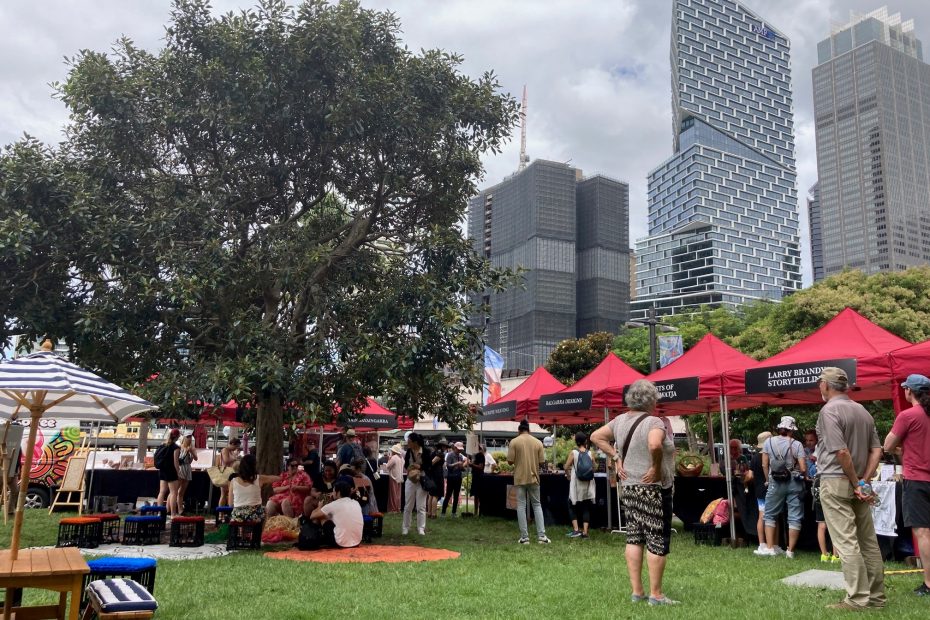Learning Communities
Social relationships will be vital for humans to flourish in the changing economic and technological context. Relationships matter for all and at all stages of life: living, working and learning. LE-DR Lab III will focus on creating a university campus environment where social relationships can be nurtured.
Taking a socio-material perspective, we will focus on building learning communities and how spaces could be created, curated and activated for a thriving learning community. The LE-DR Lab aims to investigate the spatial, digital and organisational strategies for developing learning communities on university campuses. The spatial challenges relate to the formulation of the architectural brief and the design of the architectural intervention. The digital challenges relate to how the technological interactions will be achieved such that the physical and virtual learning environments complement each other. The organisational challenges relate to how the learning spaces will facilitate innovation within curriculum and pedagogy. The organisational response could include developing tools and resources for the users (tutors and learners) to enable them to use the learning spaces effectively. All three dimensions must be jointly addressed when devising architectural propositions. Hillary Cottam’s proposition in her book Radical Help offers a useful springboard when considering the integration between the spatial, digital and organisation. The unit will collectively progress the knowledge base for university campuses through design research.
Proposition: Living Lab
LE-DR Lab is based on mobilising the Cardiff University campus as the Living Lab, where students can learn first-hand about the challenges and develop design responses based on their individual and collective learning experiences. The unit will work collaboratively with the Cardiff University stakeholders to develop project briefs and testing ideas as applied research projects. Living lab programmes have been claimed to enhance the sustainability of university campuses. We will explore Kate Raworth’s Donught Economics propositions to address the sector’s climate-related challenges.
